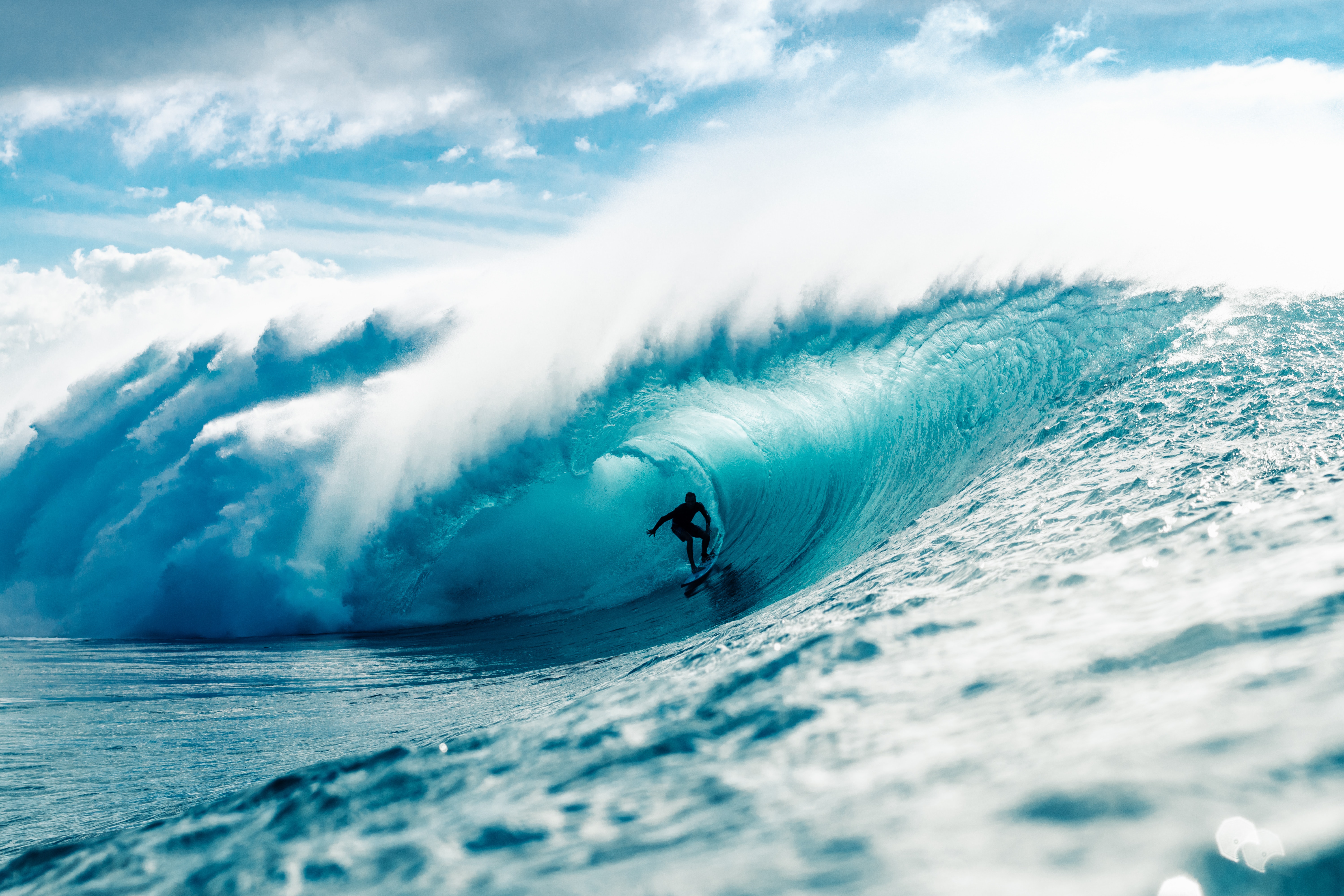Among the many complaints about airlines post-covid, few have mentioned the poor-quality in-flight entertainment. A notable exception (I discovered recently) is the ‘100ft Wave’ documentary where we follow Garret McNamara in a decade long search for a giant wave. The story has many lessons for negotiators around the importance of putting in place an effective negotiation process.
Garret travels to Nazare in Portugal, where there is a giant wave that has never been surfed. Garret and his team undertake meticulous research to understand what creates these giant waves and they develop a strategy to surf them safely. They become experts in weather patterns, oceanography and the behaviour of the waves. They assemble a team of skilled jet ski drivers to pull them into the waves and rescue them after their ride. They undertake intensive physical training - try picking up a large boulder underwater and then running along the bottom with it! In negotiating terms, they have had a thorough and effective preparation and intense training leading up to the challenge of the giant waves.
For three years they successfully surf at Nazare and eventually achieve a world record of surfing a 78-foot wave. The publicity encourages others to follow and a group from south America arrive to emulate their feats. Critically though, they do not ask McNamara for advice. Worse still, he had offered to help! This is a near fatal error as McNamara deploys an observer high on the cliffs above the waves in two-way communication with the jet ski drivers.
The observer has two critical tasks: one is to spot potential waves to ride and alert the group on the water and more importantly to act as a spotter for the rescue jet ski to locate a surfer in the water. The waves are so large and the water so turbulent, that it is near impossible to spot a solitary head in the water.
In negotiations, having an observer may appear to be an unnecessary luxury, but with the leader of the negotiation totally focused on the dialogue as it unfolds, they may not be able to see opportunities or obstacles in their path. An observer, with no other responsibilities, can not only focus on opportunities, but also emerging dangers and alert their leader to them.
Well, as the new team enters the water in Nazere, they experience a terrible wipeout. The young woman surfer is crushed by a wave and emerges after a long time under water. A second wave removes her life jacket, and she is now face down, drowning. The rescue jet ski has no idea where she is and heads off in the wrong direction.
She is eventually dragged by onlookers onto the beach, clinically dead. Fortunately, she is resuscitated and lives to tell the tale. She has been let down by poor organisation from her team. Too little preparation, not seeking the advice of those with experience and not preparing for the worst by having an observer.
There are certainly lessons to be gleaned from this experience for both surfers and negotiators alike when it comes to effective preparation – whether it be a quest for a 100-foot wave or for negotiating your next deal:
- Do your research: ensure you have a thorough understanding of the environment before you ‘drop in’
- Go in with a strategy: you’ll not only feel more confident but will also be more likely to achieve your goal
- Pull in the necessary support: assemble a team with the right expertise in the right areas. This includes observers to help you not only identify good opportunities but also spot any dangers on the horizon and provide help when needed
- Train for it: the right training and plenty of practice will see you better equipped to handle whatever is thrown at you
- Ask for/accept advice when you need it: there’s no accounting for the wisdom of those who have lived and breathed the experience before you. They’ll be able to warn you about any ‘rogue waves’ and ‘underwater hazards’ and help you navigate around these.
Happy negotiating!

